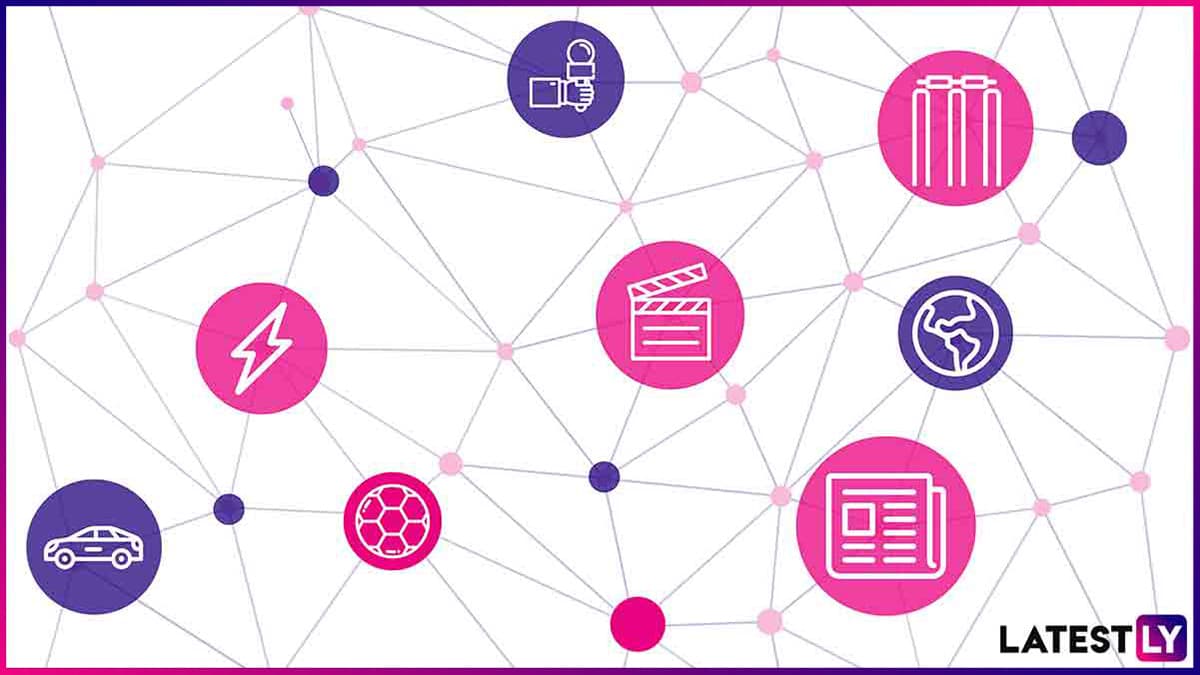Technology
RUTH SUNDERLAND: A costly war is being waged on women
We live in an increasingly divided, fearful and hostile world. One of those rifts is being created by misogyny, and it will hurt us all – men as well as women – if we are not careful.
The threat is all the greater because it is habitually minimised or totally overlooked. A failure to make the most of female talent means that, at a minimum, we are leaving economic growth on the table and missing out on innovation at a moment we can ill-afford it.
I recently appeared on a panel to discuss the 'rifts and shifts' facing the world, where historian Dr Martin Farr of Newcastle University specifically raised misogyny as a core geopolitical theme.
He is right. It belongs in the same conversation as populism, war, meeting future energy needs and the rise of artificial intelligence (AI).
Misogyny is a toxic thread in a cat's cradle of uncertainties. Many of the seeming bedrocks on which we built our lives have been jolted.
A combination of Donald Trump, Covid-19, AI, Vladimir Putin and Andrew Tate has shaken the old order.
Free trade, progress against disease, faith in human reason and the equality of women: all were once seen as secure and all are under strain.
So too is democracy. Only about 6 per cent of the world's population live in full democracies, according to the Economist Intelligence Unit, and some 5.8billion people live under autocratic rule.
A sobering point. As is the finding of a UN report last year that nearly one in four governments presided over a backlash on women's rights.
Did you know that? Nor did I. And that is the core of the problem.
This is moral injustice wrapped up in an economic threat.
Even the UK, where women enjoy unprecedented opportunities, balancing work with family life is exhausting.
Nobel Prize-winning economist Claudia Goldin warns that treating this as a purely personal issue ignores the long history of discrimination and the fragility of progress.
The emerging cult of the 'strong man' leader – and the macho language that surrounds it – is accompanied by open antagonism to women, embodied in figures such as social media personality Andrew Tate.
Economic shifts, exploited by populist politicians, have deprived some men in former manufacturing communities of the jobs they once had, leaving them adrift.
Their plight is real, but blaming 'career women' for their loss is as lazy as it is wrong. The flipside is fashionable nostalgia for the 'trad-wife', the woman who rejects the workplace for cupcakes and childcare.
Yet women surrender economic independence at their peril.
For every happy homemaker supported by a responsible (and rich) husband, plenty of others are left in the lurch.
To most women in the world, earnest discussions over the small number of female FTSE 100 chief executives or posts on Mumsnet over middle-class dads not doing enough child-care must seem indulgent chatter.
Still, we squander vast reserves of potential by failing to promote women on merit and by starving female entrepreneurs of growth capital.
It's a shame for the cause of women that our first female Chancellor, Rachel Reeves, has been such a disappointment to so many voters, though hardly an indictment of her entire sex.
We need to raise the level of debate, or we will all be losers in an insidious war against women.
We live in an increasingly divided, fearful and hostile world. One of those rifts is being created by misogyny, and it will hurt us all – men as well as women – if we are not careful.
The threat is all the greater because it is habitually minimised or totally overlooked. A failure to make the most of female talent means that, at a minimum, we are leaving economic growth on the table and missing out on innovation at a moment we can ill-afford it.
I recently appeared on a panel to discuss the 'rifts and shifts' facing the world, where historian Dr Martin Farr of Newcastle University specifically raised misogyny as a core geopolitical theme.
He is right. It belongs in the same conversation as populism, war, meeting future energy needs and the rise of artificial intelligence (AI).
Misogyny is a toxic thread in a cat's cradle of uncertainties. Many of the seeming bedrocks on which we built our lives have been jolted.
A combination of Donald Trump, Covid-19, AI, Vladimir Putin and Andrew Tate has shaken the old order.
Free trade, progress against disease, faith in human reason and the equality of women: all were once seen as secure and all are under strain.
So too is democracy. Only about 6 per cent of the world's population live in full democracies, according to the Economist Intelligence Unit, and some 5.8billion people live under autocratic rule.
A sobering point. As is the finding of a UN report last year that nearly one in four governments presided over a backlash on women's rights.
Did you know that? Nor did I. And that is the core of the problem.
This is moral injustice wrapped up in an economic threat.
Even the UK, where women enjoy unprecedented opportunities, balancing work with family life is exhausting.
Nobel Prize-winning economist Claudia Goldin warns that treating this as a purely personal issue ignores the long history of discrimination and the fragility of progress.
The emerging cult of the 'strong man' leader – and the macho language that surrounds it – is accompanied by open antagonism to women, embodied in figures such as social media personality Andrew Tate.
Economic shifts, exploited by populist politicians, have deprived some men in former manufacturing communities of the jobs they once had, leaving them adrift.
Their plight is real, but blaming 'career women' for their loss is as lazy as it is wrong. The flipside is fashionable nostalgia for the 'trad-wife', the woman who rejects the workplace for cupcakes and childcare.
Yet women surrender economic independence at their peril.
For every happy homemaker supported by a responsible (and rich) husband, plenty of others are left in the lurch.
To most women in the world, earnest discussions over the small number of female FTSE 100 chief executives or posts on Mumsnet over middle-class dads not doing enough child-care must seem indulgent chatter.
Still, we squander vast reserves of potential by failing to promote women on merit and by starving female entrepreneurs of growth capital.
It's a shame for the cause of women that our first female Chancellor, Rachel Reeves, has been such a disappointment to so many voters, though hardly an indictment of her entire sex.
We need to raise the level of debate, or we will all be losers in an insidious war against women.




